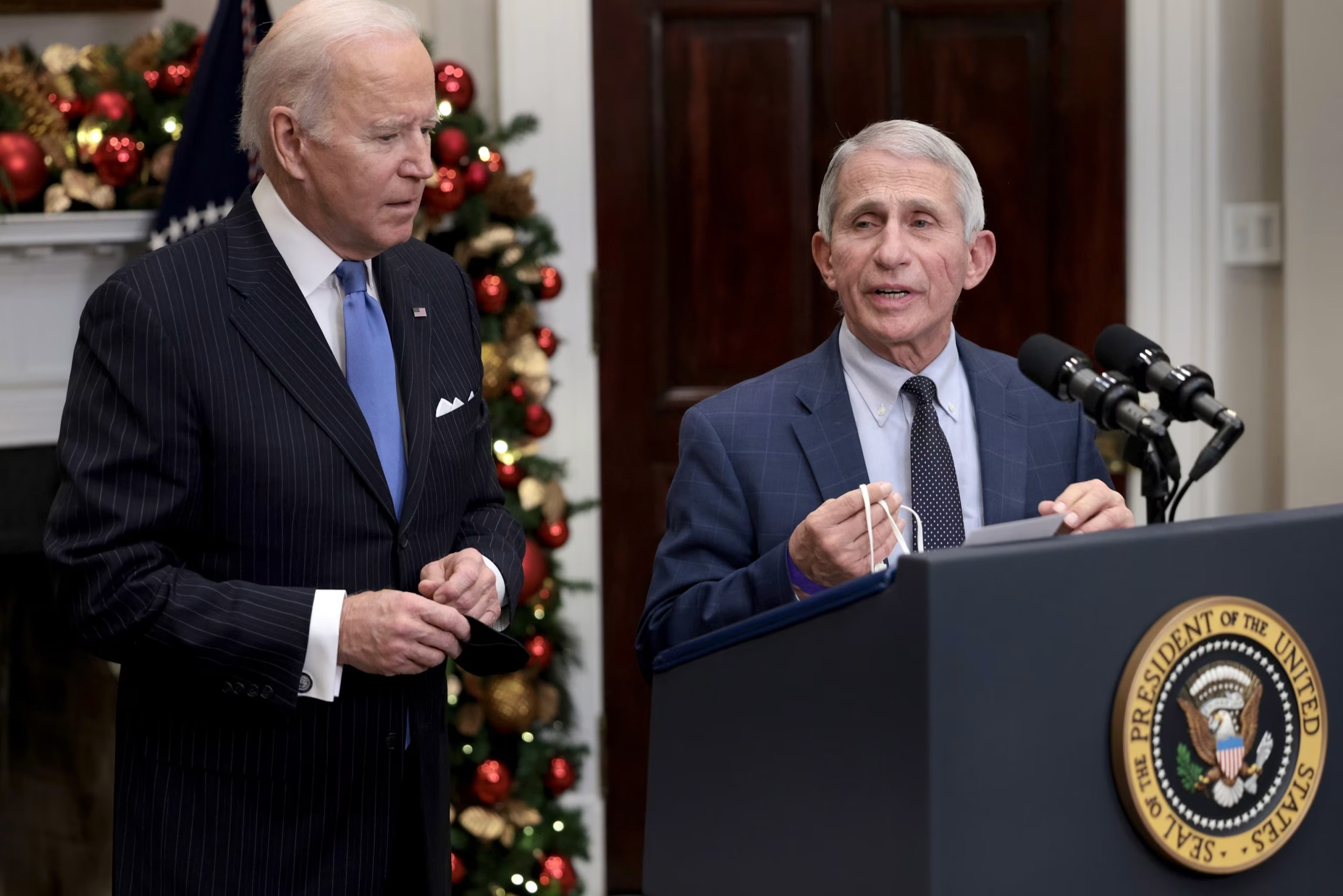In the closing hours of his presidency, Joe Biden utilized his executive power to issue pardons to several high-profile figures, including Dr. Anthony Fauci, retired Gen. Mark Milley, and members of the House committee responsible for investigating the January 6 Capitol attack.
This action was seen as a protective measure against potential retribution from the incoming Trump administration, which had publicly listed political adversaries it intended to target.
The decision to grant these pardons was contentious, sparking fierce debate and underscoring the political tensions surrounding the transition of power. Biden emphasized that accepting a pardon did not equate to admitting guilt and instead highlighted the public service and dedication of the individuals in question.
Key Takeaways
- Biden pardoned prominent figures to prevent potential political retribution.
- The pardons involved individuals linked to the January 6 investigation.
- The action emphasized gratitude for public service without implying guilt.
AP AUDIO: Biden Pardons Fauci and Milley in an Effort to Guard Against Potential ‘Revenge’ by Trump
In a significant move during his final hours in office, President Joe Biden issued pardons to key figures, including Dr. Anthony Fauci and retired Gen. Mark Milley. This action aims to protect these individuals from potential retribution by the incoming administration. The decision reflects Biden’s strategic use of presidential powers to shield those who served in critical roles from possible legal challenges.
The pardons granted by Biden are comprehensive and apply to any actions taken since January 1, 2014. This decision covers Dr. Fauci, known for his long tenure at the National Institute of Allergy and Infectious Diseases. Fauci’s role during the COVID-19 pandemic brought him into the political spotlight, especially when he opposed certain public health strategies promoted by former President Trump.
Mark Milley, who served as chairman of the Joint Chiefs of Staff, has spoken candidly about former President Trump’s actions, particularly surrounding the January 6 insurrection. His pardon is a measure to protect him from any alleged punitive actions that might arise due to his outspoken views.
Additionally, Biden extended pardons to members of the House committee that investigated the January 6 attack on the Capitol. These committee members faced threats of legal action due to their involvement in the investigation, which scrutinized Trump’s alleged efforts to overturn the 2020 election results.
The context of these pardons is underscored by concerns that future presidents could exploit pardons as a tool to influence allies. Such actions might involve encouraging behaviors that would otherwise breach legal boundaries. The potential for blanket pardons raises ethical and legal questions regarding accountability.
An interesting aspect of this situation lies in the potential interpretation of these pardons.
Acceptance of a pardon could be construed as an admission of guilt, which complicates the narrative for those involved. However, in this case, the pardons aim to preemptively counter any such accusations by affirming the integrity of those pardoned despite the absence of formal charges.
The broader implications of these actions extend beyond immediate legal protection. They set a precedent for how pardons might be wielded in the future. Amidst a political landscape marked by division and uncertainty, this use of presidential power underscores the nuanced balance between justice, accountability, and political maneuvering.
While Biden’s pardons aim to mitigate the risk of “revenge” actions by the new administration, they also highlight the enduring tensions related to the events of January 6. The complexities surrounding accountability for that day continue to shape the political dialogues and decisions within Washington.
The incoming administration, led by President Trump, presents a continuation of the divisive political atmosphere. The prospect of future investigations by Congress, particularly from Republicans, adds another layer of complexity to the situation. Any inquiries into the actions of the January 6 committee and those pardoned by Biden could test the extent of legal protections conferred by these pardons.
In a broader context, Biden’s presidency has been marked by a significant number of pardons and commutations. This latest decision aligns with his commitment to ameliorating judicial consequences for certain individuals, reflecting his administration’s approach to justice and reconciliation.
Dr. Fauci and Gen. Milley, both central figures during crucial periods of recent history, find themselves once again at the heart of political dynamics. Their pardons not only provide them with legal safeguards but also symbolize a statement against political retribution for their service under challenging circumstances.
In the end, Biden’s actions offer a glimpse into how presidential powers might be interpreted and exercised in unprecedented ways. As the nation transitions into a new political era, these pardons will undoubtedly remain a point of discussion and analysis for their legal, ethical, and historical significance.
The Presidential Pardons
The recent presidential pardons have captured significant attention. President Biden issued pardons for key figures, including Dr. Anthony Fauci, retired Gen. Mark Milley, and members of the House committee. These actions aim to shield them from the incoming administration.















